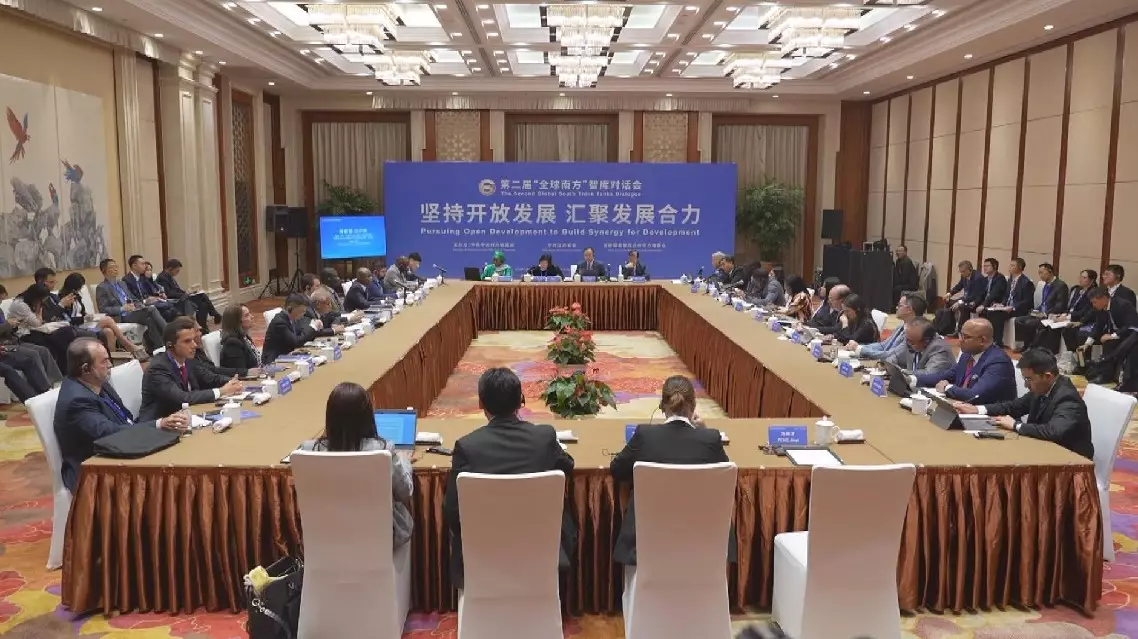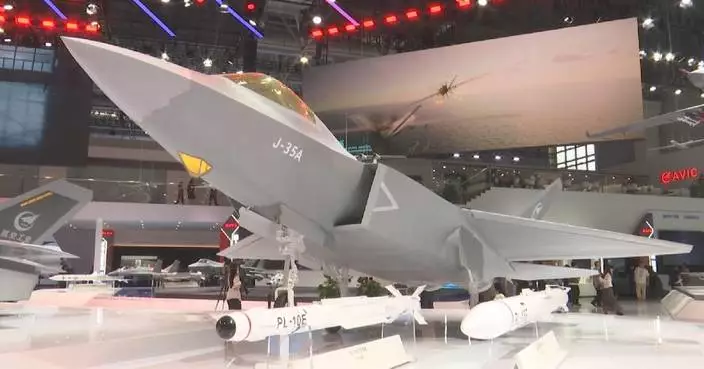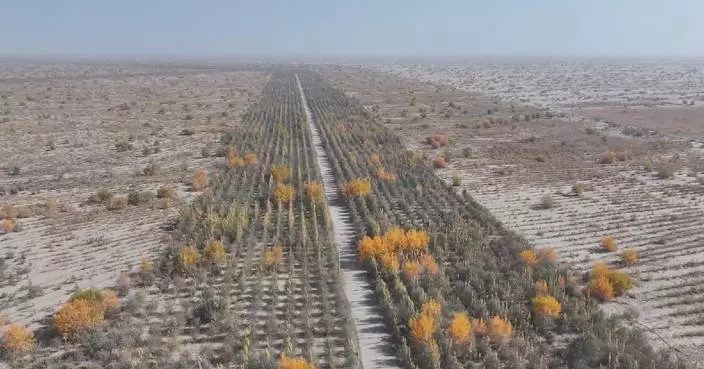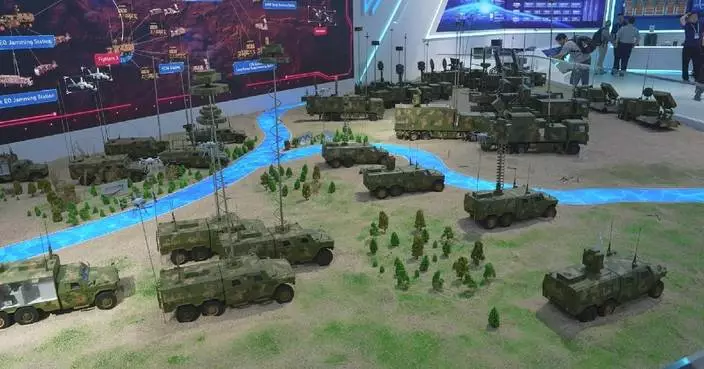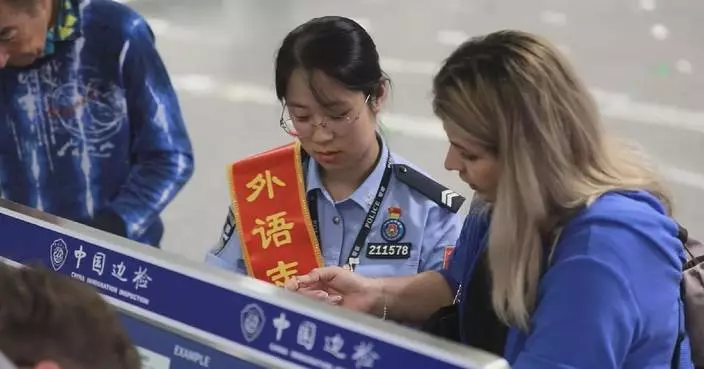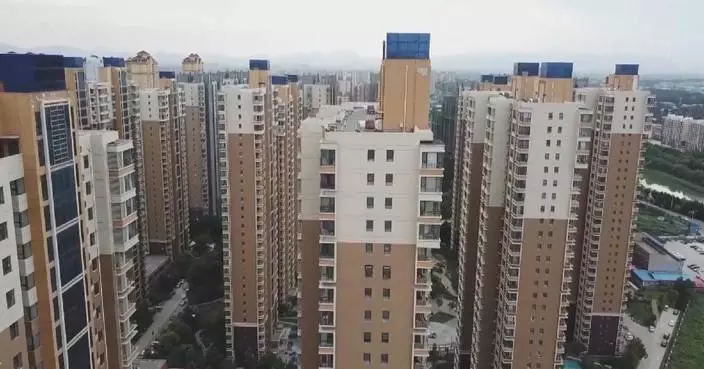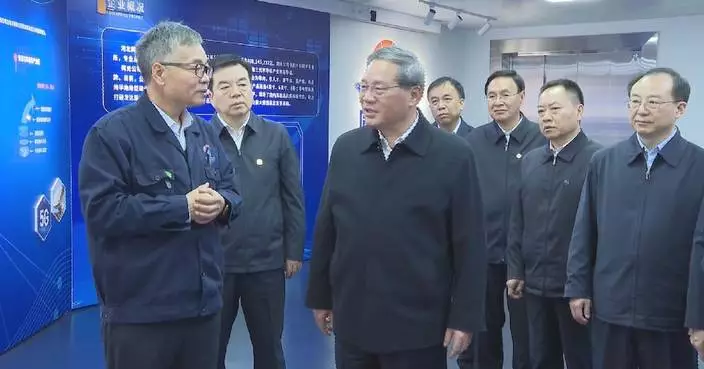A Chinese envoy on Wednesday called for concerted efforts to promote a Yemeni-led and Yemeni-owned comprehensive political process as the United Nations Security Council extends sanctions imposed on Yemeni individuals and entities.
On the same day, the Security Council adopted Resolution 2758, deciding to extend the sanctions imposed on certain individuals and entities in Yemen by 12 months and extend the mandate of the Panel of Experts assisting its Yemen Sanctions Committee by 13 months.
At a Security Council meeting, Geng Shuang, China's deputy permanent representative to the UN, elucidated China's stance during the resolution adoption vote.
He noted that the peace process in Yemen was at a standstill and the situation in the Red Sea remained tense. In this context, the Security Council's decision to extend the relevant sanctions on Yemen for one year was necessary and appropriate.
The Chinese envoy emphasized that the Panel of Experts is an integral part of the Sanctions Committee's work, with the reports it submits serving as crucial references for the committee's discussions.
China looks forward to the panel members upholding professionalism, performing their duties with caution in line with their mandate, and independently, objectively, and fairly conducting their work. They should produce reports grounded in solid evidence and propose practical policy recommendations, Geng said.
"China consistently advocates that sanctions are a means, not a goal, intended to complement political solutions. As the Security Council enforces necessary sanctions on Yemen, it should also strengthen diplomatic efforts. China calls on all parties to support the work of the United Nations Special Envoy for Yemen, Hans Grundberg, and to jointly promote a Yemeni-led and Yemeni-owned comprehensive political process," he said.
The tensions in the Red Sea are a spillover of the Gaza conflict. China urges all relevant parties to support the Security Council in taking further vigorous actions to promptly achieve a lasting ceasefire in Gaza and effectively reduce regional tensions, including those in the Red Sea and the border areas between Lebanon and Israel, Geng said.
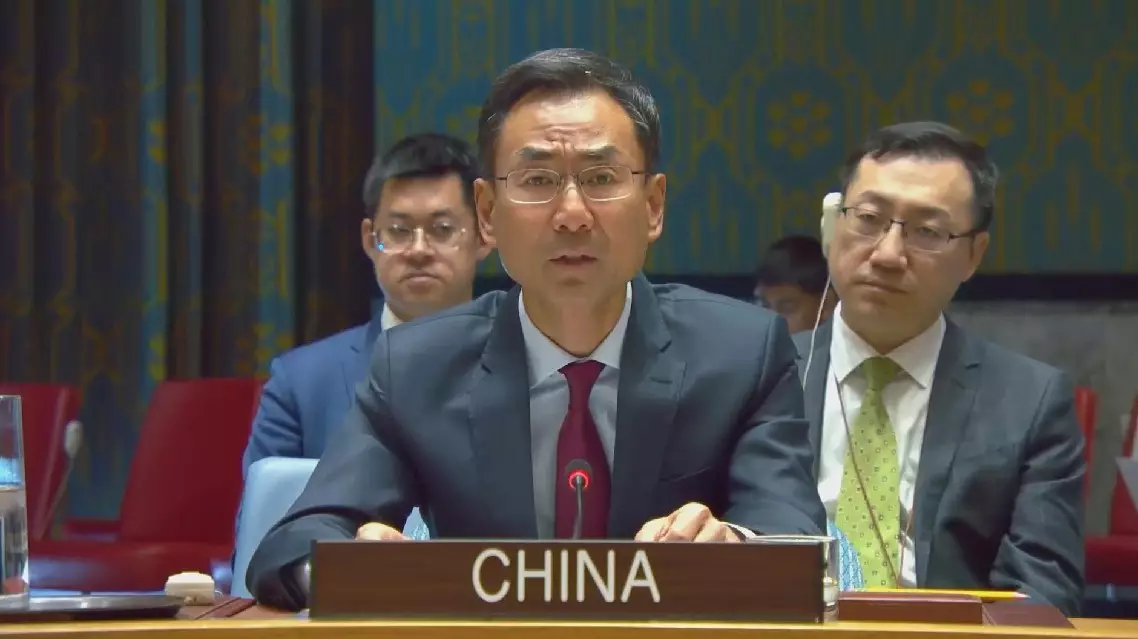
Chinese envoy urges all parties to promote Yemeni-led, Yemeni-owned comprehensive political process


